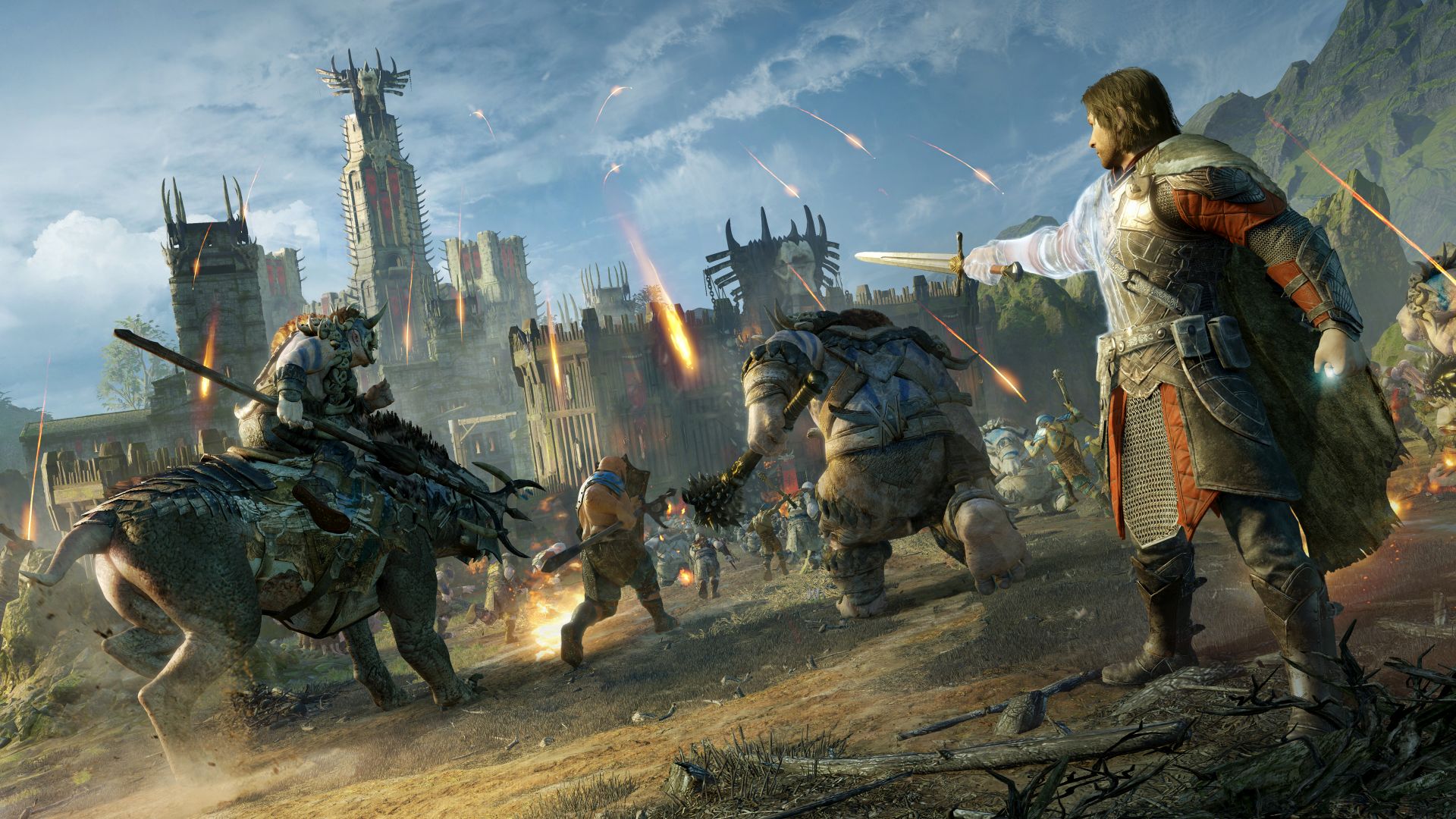MICROTRANSACTIONS IN FULL-PRICED GAMES
Microtransactions are a touchy topic- and for good reason. Recently, there’s been immense pushback against intrusive monetization policies, because games that have them have become increasingly common over the past few years. In multiplayer games, cosmetic microtransactions are still somewhat understandable- they don’t impact actual gameplay, and if you want, you can ignore them without worrying that you’ll fall behind in progress. But in single player games that are full priced and are based on a narrative structure, these make no sense. Last year, Middle-Earth: Shadow of War stirred up a controversy because of its inclusion of microtransactions, which were recently removed from the game, while much before that, there was the example of Mass Effect 3, which we’ve already spoken of, but were even more predatory- because not only were they not cosmetic, they also came in the form of randomized loot boxes. More recently, Assassin’s Creed Odyssey also received criticism for its “time savers”. But if time is money, and you spend money to save time, you save nothing.















